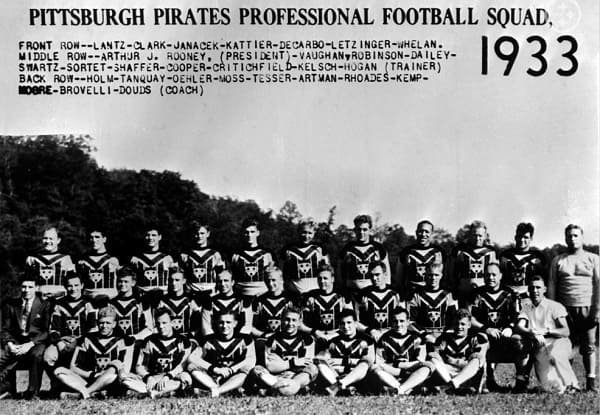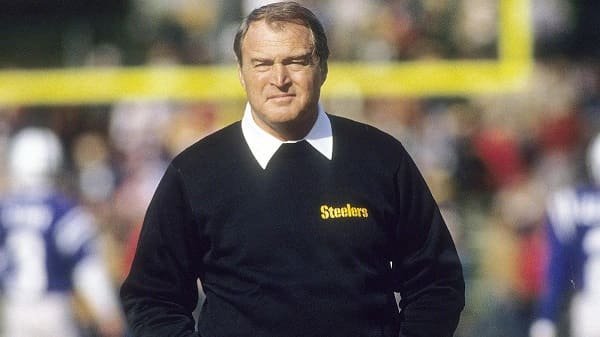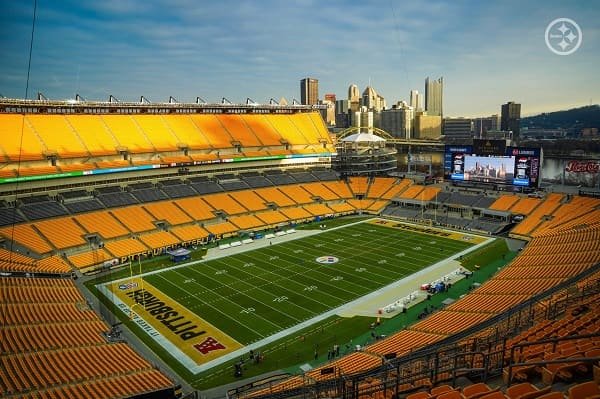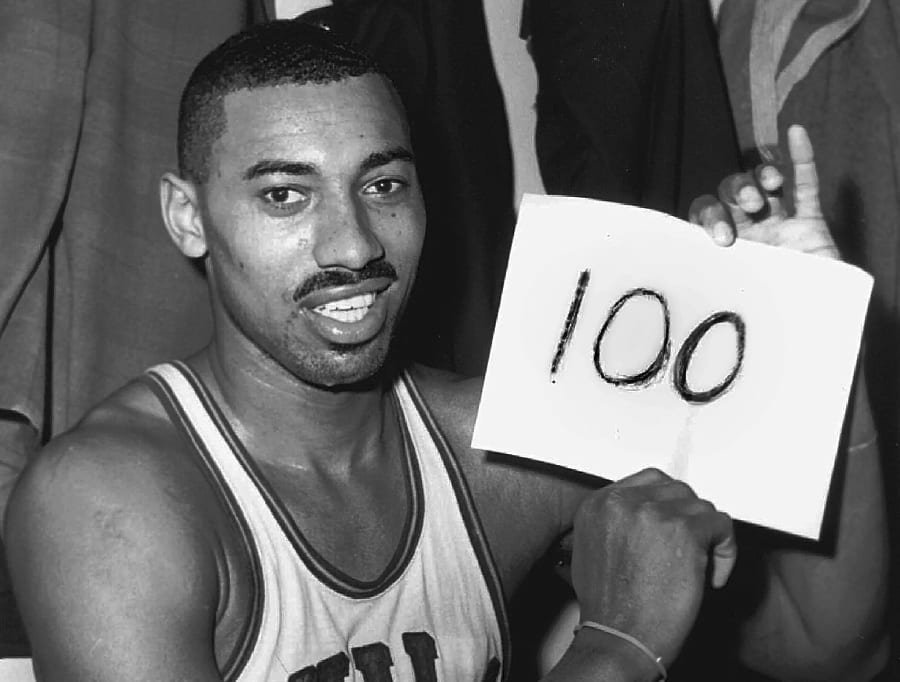Forging Greatness in the Steel City
In the heart of Pittsburgh, a city synonymous with steel, the Pittsburgh Steelers have forged an NFL legacy that is as enduring as the industry that defines their home.

Since their founding in 1933, the Steelers have transformed from a modest team into one of the most successful and storied franchises in NFL history. Their journey is marked by historic milestones, records, and a culture of excellence that has captivated fans for generations.
The Early Years: Foundations of Steel
The Steelers, originally named the Pittsburgh Pirates, were established in 1933 by Art Rooney. In 1940, the team adopted the name “Steelers” to honor Pittsburgh’s industrial heritage as the steel capital of the United States. This name change reflected not just a city’s identity but a team’s ethos built on toughness and resilience.
The team struggled in its early years, a common tale for many NFL teams of that era, but these challenging beginnings laid the groundwork for a future dynasty. It wasn’t until the 1970s that the Steelers’ fortunes began to change, marking the start of a golden era in Pittsburgh football.
The 1970s Dynasty: A Decade Dominated

The 1970s saw the Steelers transform into a powerhouse under the guidance of head coach Chuck Noll. With the drafting of “Mean” Joe Greene in 1969, followed by Terry Bradshaw, Franco Harris, and others, the Steelers built a team that would dominate the decade.
Winning four Super Bowls (IX, X, XIII, XIV) in six years, the Steelers became the first NFL team to achieve such a feat, a testament to their dominance and the birth of the “Steel Curtain” defense.
Defensive Prowess: A Legacy Cast in Steel
The 1973 season witnessed the Steelers’ defense, in its full ferocity, setting an NFL record with 37 interceptions. This feat was a testament to the strategic brilliance of the “Steel Curtain,” a defense that became the backbone of the Steelers’ success, known for its intimidating presence and ability to alter the course of games.
The Noll Era: Building a Dynasty
Under the leadership of Chuck Noll, the longest-tenured head coach in Steelers’ history, Pittsburgh experienced a transformation from perennial underdogs to an indomitable dynasty.
Noll’s tenure from 1969 to 1991 was marked by strategic innovation and a knack for identifying and nurturing talent. His legacy is not merely in the trophies and records but in the culture of excellence and team unity he instilled.
Acrisure Stadium: The Battleground of Champions
Since opening in 2001 as Heinz Field, it has stood out as a modern coliseum, renowned for its breathtaking views of the Pittsburgh skyline and a game-day atmosphere that rivals any in the league.

The stadium’s design, which incorporates elements of Pittsburgh’s industrial heritage, and the passionate tradition of the Terrible Towel wave, create an unparalleled environment that embodies the soul of Steeler Nation.
A New Millennium, A Familiar Dominance
The early 2000s marked a period of transition and triumph for the Steelers. Under the leadership of head coach Bill Cowher, and later Mike Tomlin, Pittsburgh fused veteran experience with emerging talent to stay competitive.
The drafting of key players such as quarterback Ben Roethlisberger in 2004 signaled a new era for the franchise, one that would soon be highlighted by unforgettable victories and heartbreaking defeats.
Super Bowl Successes and Challenges
The Steelers’ commitment to excellence was on full display as they captured two Super Bowl titles in the span of four years. Super Bowl XL, held in 2006, saw the Steelers triumph over the Seattle Seahawks, securing their fifth championship and solidifying Roethlisberger’s status as a clutch performer. The victory was a fitting tribute to the Rooney family’s enduring stewardship of the team.
In 2009, Super Bowl XLIII offered one of the most thrilling finishes in NFL history, with Pittsburgh defeating the Arizona Cardinals. The game was punctuated by a dramatic touchdown catch by Santonio Holmes in the final moments, showcasing the Steelers’ never-say-die attitude.
However, success in the NFL is often cyclical, and the Steelers faced their share of challenges, including a narrow loss to the Green Bay Packers in Super Bowl XLV in 2011. Despite such setbacks, the team’s resilience remained unwavering.
The Tomlin Era: Consistency and Contention
Mike Tomlin’s tenure as head coach, beginning in 2007, has been marked by consistent success. Tomlin, known for his motivational leadership and tactical acumen, has kept the Steelers competitive year after year, making several deep playoff runs and never recording a losing season to date.
Adapting to Change: The Steelers in the Late 2010s
As the decade progressed, the Steelers navigated the challenges of an evolving NFL, including adapting to new rules and the rise of high-powered offenses.
The team continued to develop new stars like wide receiver Antonio Brown and running back Le’Veon Bell, although controversies and injuries would eventually lead to both players departing from the team.
Looking to the Future
The departure of Roethlisberger in 2021 marked the end of an era for the Steelers, but also the beginning of a new chapter. With a focus on rebuilding and refreshing the roster, Pittsburgh remains committed to its goal of competing at the highest level, driven by a culture of hard work and a community of dedicated fans.
The Steelers’ Enduring Legacy
From their humble beginnings to becoming a cornerstone of NFL history, the Pittsburgh Steelers’ journey is a story of perseverance, community, and unwavering success.
With a legacy built on the strength of the Steel Curtain, the leadership of the Rooney family, and the undying support of Steeler Nation, the Pittsburgh Steelers remain a symbol of excellence in the world of professional football, continuing to inspire and captivate fans around the globe.
Timeline of Pittsburgh Steelers
20th century
- 1933: Art Rooney founds the team with a $2,500 fee, originally naming them the Pittsburgh Pirates, aligning with the city’s baseball team.
- 1940: The team is renamed the Pittsburgh Steelers, honoring the city’s industrial heritage as the steel manufacturing capital of the United States.
- 1950s-1960s: The Steelers struggle to find postseason success, making only one playoff appearance (1947) during this period.
- 1972: The “Immaculate Reception” by Franco Harris against the Oakland Raiders becomes one of the most iconic plays in NFL history, leading to the Steelers’ first-ever playoff victory.
- 1974: A pivotal draft year for the Steelers, selecting four future Hall of Famers, setting the foundation for their 1970s dynasty.
- 1975-1980: The Steelers, led by coach Chuck Noll and notable players like Terry Bradshaw, “Mean” Joe Greene, and Franco Harris, win four Super Bowls (IX, X, XIII, XIV), establishing a dynasty.
- 1978: The defense, known as the “Steel Curtain,” sets an NFL record with 37 interceptions in a season, showcasing their defensive dominance.
- 1989: Art Rooney, the beloved founder, passes away, leaving a legacy that continues to define the team’s culture and ethos.
- 1992: Bill Cowher becomes head coach, revitalizing the team and leading them to a Super Bowl XXX appearance in 1996.
21st century
- 2001: Heinz Field opens, replacing Three Rivers Stadium, and quickly becomes known for its passionate fan base and the Terrible Towel tradition.
- 2004: Quarterback Ben Roethlisberger is drafted, eventually leading the team to two Super Bowl titles (XL in 2006, XLIII in 2009).
- 2005-2008: Under coach Cowher and then Mike Tomlin, the Steelers capture their fifth and sixth Super Bowl titles, with victories that include a memorable game-winning touchdown catch by Santonio Holmes in Super Bowl XLIII.
- 2010: The Steelers reach Super Bowl XLV but fall to the Green Bay Packers, marking their eighth Super Bowl appearance.
- 2020: The Steelers achieve an 11-0 start, the best in franchise history, though they eventually lose in the Wild Card round of the playoffs.
- 2021: Ben Roethlisberger retires, marking the end of an era. He leaves as the franchise leader in nearly every passing category.
- 2022: Mike Tomlin, known for his leadership and consistency, continues to lead the team, striving to add to the Steelers’ rich history of success and aiming for future championships.





